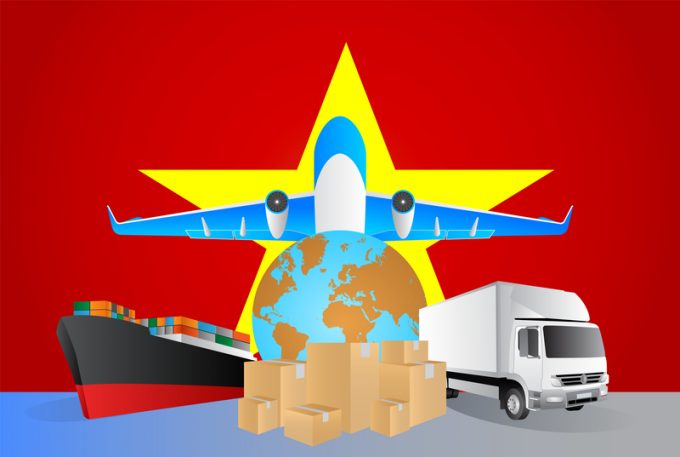Few winners in a bitter trade war that's not to everyone's taste
Chinese diners at American barbecue restaurants in Beijing are chewing on a loss of authenticity ...

With a ballooning US trade deficit and fearful of potential Trump tariffs, Vietnam is scrambling to import more products that are ‘made in America’.
President Trump this year described Vietnam as “almost the single worst abuser of everybody” in regard to trade, and imposed huge tariffs on some of the country’s steel products.
Boosted in part by the US-China trade war, Vietnam’s exports to the US jumped 33% year on year, to $36bn, in the first seven months this year, according to the latest ...
Maersk u-turn as port congestion increases across Northern Europe
Apple logistics chief Gal Dayan quits to join forwarding group
Maersk Air Cargo sees volumes fall as it aims for 'margin in favour of revenue'
Airlines slash freighter capacity post-de minimis, but 'the worst is yet to come'
Houthis tell Trump they will end attacks on Red Sea shipping
Transpac rates hold firm as capacity is diverted to Asia-Europe lanes
MSC revamps east-west network as alliance strategies on blanking vary
India-Pakistan 'tit-for-tat' cargo ban sparks sudden supply chain shocks

Comment on this article